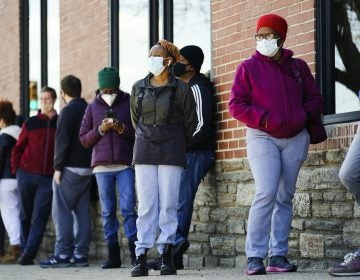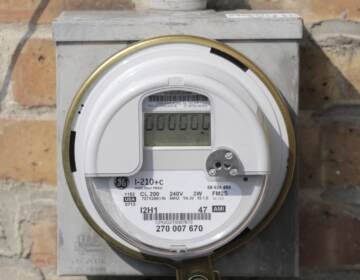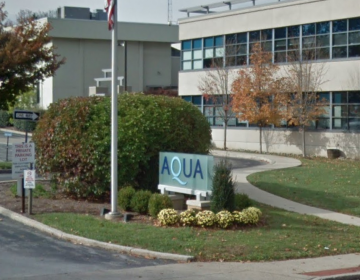Pa. utility shutoffs resume on April 1. Here’s what you can do if you owe
On April 1, utility companies in Pennsylvania can resume terminations of non-paying customers, as the annual winter shutoff moratorium lifts.
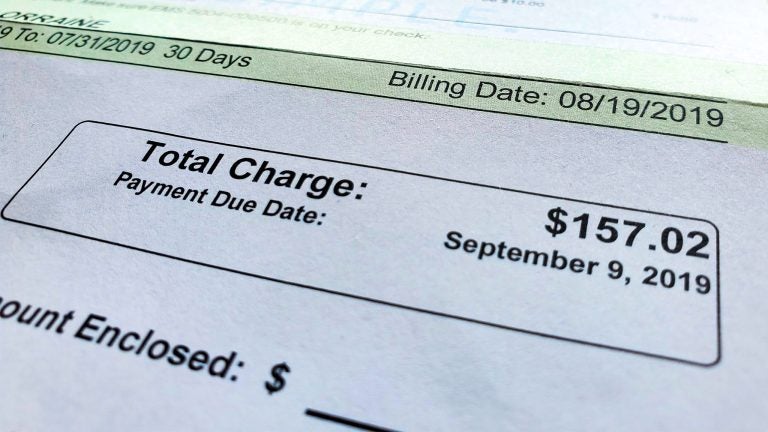
(Mark Henninger for Billy Penn)
Pennsylvanians who have put off paying utility bills will soon be forced to settle up, or risk losing service.
On April 1, utility companies in the commonwealth can resume terminations of non-paying customers, as the annual winter shut-off moratorium lifts.
Efforts to keep people safe during the past two winters, and at home during the onslaught of coronavirus, temporarily lifted the possibility of losing service. As a result, some residents have not faced the threat of utility shutoffs since November 2019.
During that time, as the economy crashed and hundreds of thousands in Pennsylvania lost work, utility debt swelled. By March 25, the number of accounts that faced possible termination was 890,000 and the amount they owed totaled $856 billion, according to the Pennsylvania Public Utility Commission (PUC).
At a recent hearing before the PUC, companies argued that they needed to be able to threaten a shutoff in order to get customers to respond, according to documents filed with the commission. The commission chair agreed earlier this month but also imposed new conditions on repayment.
Here is a guide to understanding the terms utility companies must offer customers behind on their bills and the aid available.
Payment plans
When weighing whether to allow shutoffs to resume, PUC Chair Gladys Brown Dutrieuille changed the terms of debt repayment plans for vulnerable customers.
- For individuals making less than $32,200 or a family of four making less than $66,250 (up to 250% of the federal poverty level), utilities must offer repayment plans of at least five years, although a customer can request a shorter timespan if able to pay each month.
- For the next highest income tier, between people $38,640 as an individual and $79,500 as a family of four (up to 300% of the federal poverty level) the minimum term to repay is two years.
- Anyone making more than the above amounts must be allowed to pay what they owe over one year.
- Small businesses behind on their utility bills also catch a break. Utility companies must offer 18-month payment plans.
Joline Price, supervising attorney with Community Legal Services of Philadelphia’s energy unit, said those plans will help people who experienced setbacks during the pandemic but have recovered. “If your income hasn’t bounced back, it’s not going to be sufficient,” Price noted.
Government assistance and grants
To help customers buried under utility debts, state agencies and area companies offer various assistance programs. Millions more in government aid is expected to flow to Pennsylvania through programs created by the American Rescue Plan Act.
LIHEAP, or the Low-Income Home Energy Assistance Program, provides cash grants of between $200 and $1,000, to eligible customers. This year’s application window will be extended beyond April 9 though a new deadline hasn’t been confirmed, according to the Pennsylvania Department of Human Services.
The Emergency Rental Assistance Program, administered by the Pennsylvania Department of Human Services, covers a year or more of past-due utilities for qualifying households that experienced financial hardship due to the coronavirus pandemic. The program recently received a $561 million infusion and is currently taking applications.
Large electric, natural gas, and water companies around the commonwealth offer their own grants to struggling rate-payers, known as “hardship programs,” which can be accessed by calling the utilities.
Utilities must also provide “customer assistance programs” to lower-income customers, which offer a discount on monthly bills and can wipe away old debts.
Regional non-profits, such as the Utility Emergency Services Fund in Philadelphia, help to fill in the gaps. UESF offers to erase an overdue balance for eligible applicants, and residents can reapply every two years.
A variety of federal homeowner and renter assistance programs created by the most recent stimulus bill are also designed to patch up holes in the social safety net. Nationally, a homeowner assistance program will provide money $9.961 billion for rent and utilities; a newly created low-income home water assistance program will give out $500 million nationally; and Pennsylvania will receive some of the $21.55 billion earmarked for expanded rental and utility assistance.
The Federal Communications Commission is also launching an emergency broadband benefit program that will cover $50/month of internet costs, though a start date has not yet been announced.
 WHYY is one of over 20 news organizations producing Broke in Philly, a collaborative reporting project on solutions to poverty and the city’s push towards economic justice. Follow us at @BrokeInPhilly.
WHYY is one of over 20 news organizations producing Broke in Philly, a collaborative reporting project on solutions to poverty and the city’s push towards economic justice. Follow us at @BrokeInPhilly.
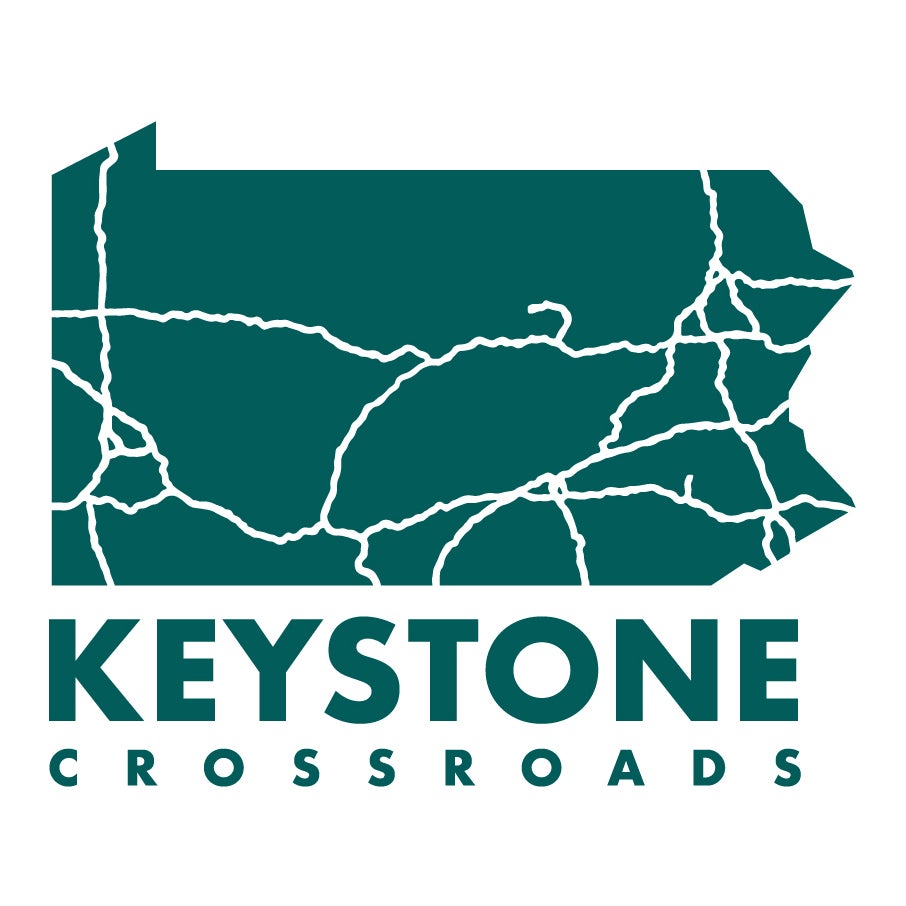
Get more Pennsylvania stories that matter
WHYY is your source for fact-based, in-depth journalism and information. As a nonprofit organization, we rely on financial support from readers like you. Please give today.




